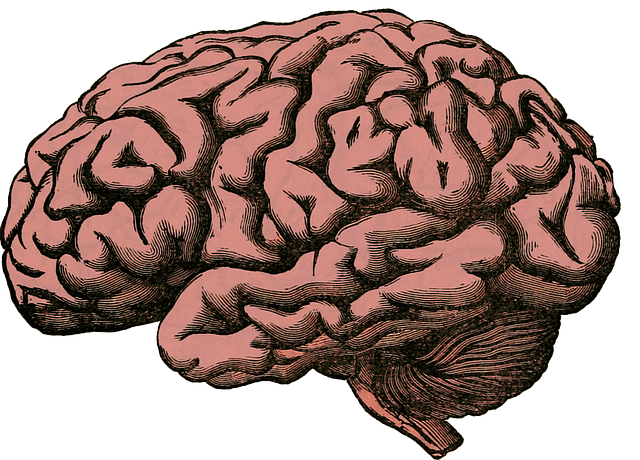Stress management through Lakewood Codependency Therapy is crucial for maintaining well-being, addressing codependent behaviors, and enhancing quality of life. Recognizing stress signs, identifying personal triggers, and implementing techniques like mindfulness exercises and crisis intervention guidance empower individuals to proactively manage stress. This holistic approach combines group sessions, personalized strategies, daily practices, and professional guidance to foster resilience and promote long-term mental well-being in a fast-paced world.
“Stress management is a vital aspect of maintaining optimal well-being, and understanding its profound impact on our lives is the first step. In this comprehensive guide, we explore effective strategies to combat stress, focusing on the unique benefits of Lakewood Codependency Therapy.
We delve into the science behind stress and its effects on mental health, offering a holistic perspective. Furthermore, this article introduces practical daily techniques to reduce stress and build resilience, empowering individuals to navigate life’s challenges with enhanced coping mechanisms. Discover how Lakewood Codependency Therapy can be a transformative tool for managing and overcoming stress.”
- Understanding Stress and Its Impact on Well-being
- Lakewood Codependency Therapy: A Holistic Approach to Stress Management
- Practical Techniques for Daily Stress Reduction and Resilience Building
Understanding Stress and Its Impact on Well-being

Understanding stress is a fundamental step in implementing effective stress management techniques. Stress arises from various sources and can significantly impact an individual’s overall well-being. It manifests differently for everyone, affecting mental, emotional, and physical health. Recognizing the signs of stress—such as persistent fatigue, irritability, or difficulty concentrating—is crucial. At Lakewood Codependency Therapy, we emphasize the importance of identifying personal stress triggers to foster healthier coping mechanisms.
In today’s fast-paced world, mastering stress reduction methods is essential for maintaining balance. The impact of chronic stress can lead to a range of issues, including anxiety, depression, and even physical ailments. By understanding these processes, individuals can proactively engage in emotional healing practices, such as mindfulness exercises or crisis intervention guidance, offered at Lakewood Codependency Therapy. These techniques empower people to navigate stressful situations more effectively, ultimately enhancing their overall resilience and quality of life.
Lakewood Codependency Therapy: A Holistic Approach to Stress Management

Lakewood Codependency Therapy offers a holistic approach to stress management, addressing both individual and interrelated issues that contribute to stress and anxiety. This therapeutic method recognizes that codependent behaviors often arise from unmet emotional needs and can significantly impact one’s ability to cope with life’s challenges. By exploring these patterns, individuals gain insights into their triggers and learn healthier ways of interacting with themselves and others.
The therapy focuses on building self-awareness, fostering healthy boundaries, and promoting a sense of balance in relationships. Through group sessions and personalized strategies, participants are equipped with effective stress management workshops organization tools tailored to their unique needs. This holistic approach not only helps individuals navigate their codependent tendencies but also supports their overall mental health policy analysis and advocacy by providing sustainable stress reduction methods for long-term well-being.
Practical Techniques for Daily Stress Reduction and Resilience Building

Incorporating practical stress management techniques into daily routines is a powerful tool for cultivating resilience and overall well-being. Simple yet effective practices like mindfulness meditation, deep breathing exercises, and regular physical activity can significantly reduce stress levels and enhance emotional regulation. For instance, taking just five minutes each day to practice mindful awareness, focusing on the present moment without judgment, has been shown to lower cortisol—the stress hormone—and improve mental clarity.
Additionally, building a comprehensive crisis intervention guidance system tailored to individual needs is essential for navigating stressful situations. This involves creating a risk management plan in collaboration with Lakewood Codependency Therapy or other qualified mental health professionals. Such plans empower individuals to proactively identify and manage stressors, fostering a sense of control and resilience. By combining practical techniques with professional guidance, people can develop robust coping strategies, ensuring better stress reduction and improved emotional well-being.
In conclusion, managing stress effectively is a powerful tool for enhancing overall well-being. The article has explored different perspectives on stress, from its profound impact on mental and physical health to innovative approaches like Lakewood Codependency Therapy. By combining holistic methods with practical techniques, individuals can achieve daily stress reduction and build resilience. Adopting these strategies allows us to navigate life’s challenges with greater ease, fostering a sense of balance and empowerment.














